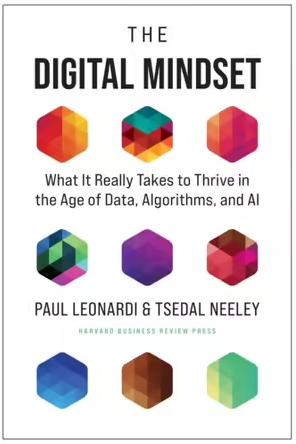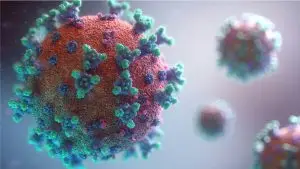By Clare Mullen, Executive Director, Health Consumers’ Council WA
Last week I was in Canberra to take part in the Wild Health* Canberra Australian health leaders’ summit. Wild Health are a publishing company who publish online content for people in the health system.
I took away lots of reflections which I’ll be mulling over in the next few weeks – but a major one for me is that
It’s time for consumer leaders and advocates to become knowledgeable and vocal about interoperability.
According to this article from the UK King’s Fund, “interoperability is the technical term used to describe the flow of information – about decisions made and care that has been or is being provided – across care settings. Good interoperability facilitates the best care in the best place with decisions made using all available information.”
While I’m still developing my understanding of digital health (to get to the recommended 30% of literacy – see below), from what I can tell, the issue with interoperability and why we don’t have more of it, is not just a technical issue.
You can’t always get what you want – especially if you don’t ask for it
One of the speakers asked conference attendees how many of them had asked for interoperability when they were scoping a digital health project – and the number was low. It seems one of the main reasons it’s not being baked in to systems is because it’s not being asked for.
As we know, health consumers have been calling for more integrated care for years. And we have the most to gain from integrated care.
Interoperability of systems – so our information can flow to the right people at the right time in our health journey – is critical to integrated care.
It’s also critical to remember that the “data” flowing around the system is our information – both about us as individuals, but also about us as a community. It’s critical that systems are designed in a way that means we can access our own information, and that as a community our collective information is understood to be a community asset – able to be used to inform decisions about where and how we need care.
As consumer representatives, advocates and leaders it can be easy to disengage from discussions like this – because they can seem too technical. But the next wave of transformation in health is going to be digital and not only do we need to understand it, we need to be able to lead the discussions to ensure that community and consumer interests remain at the forefront of these discussions.
You can read more of the discussions at the Wild Health summits live blog from the event https://wildhealth.net.au/whats-happening-in-health-reform-join-our-live-blog/
Developing a digital mindset
I heard about this book on Brene Brown’s podcast. One of the main points they make is that we all need to get to a basic level of literacy to be able to be part of discussions in relation to “going digital”. Based on the fact that we can converse with people who speak another language once we’ve reached 30% of that new language’s vocabulary, they suggest we all need to get to 30% literacy in regards to “digital”.
And they take the reader through some of the basics that we need to understand to reach that level.
It’s an easy accessible read and one I’ll be coming back to again and again.
At HCC we’re looking into how we can develop some training content for consumer reps and leaders to help us reach this level of understanding, and develop our digital mindsets. Watch this space.
* Wild Health invited me to speak at this event and covered the costs of my flights and accommodation to enable me to participate.









